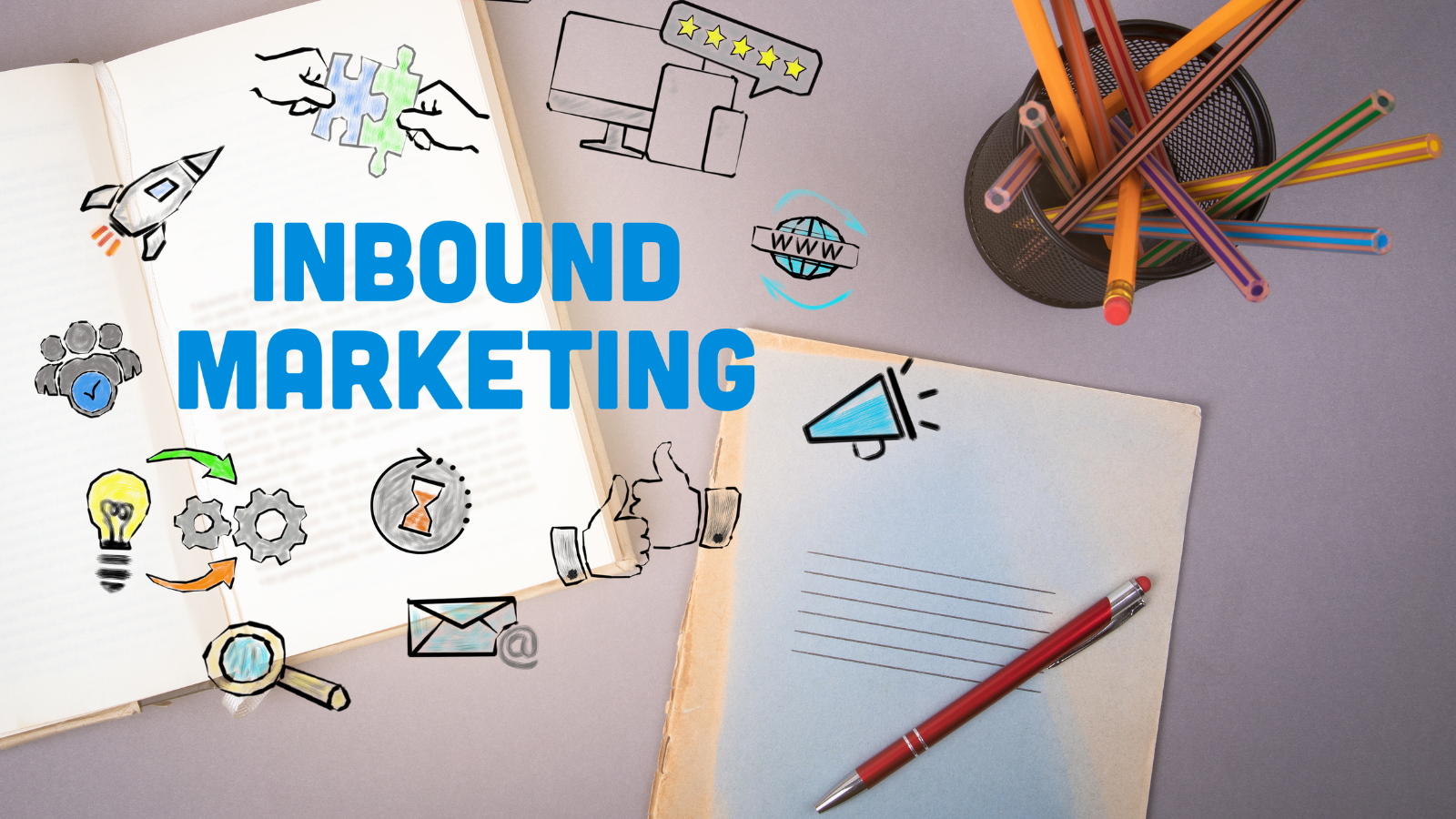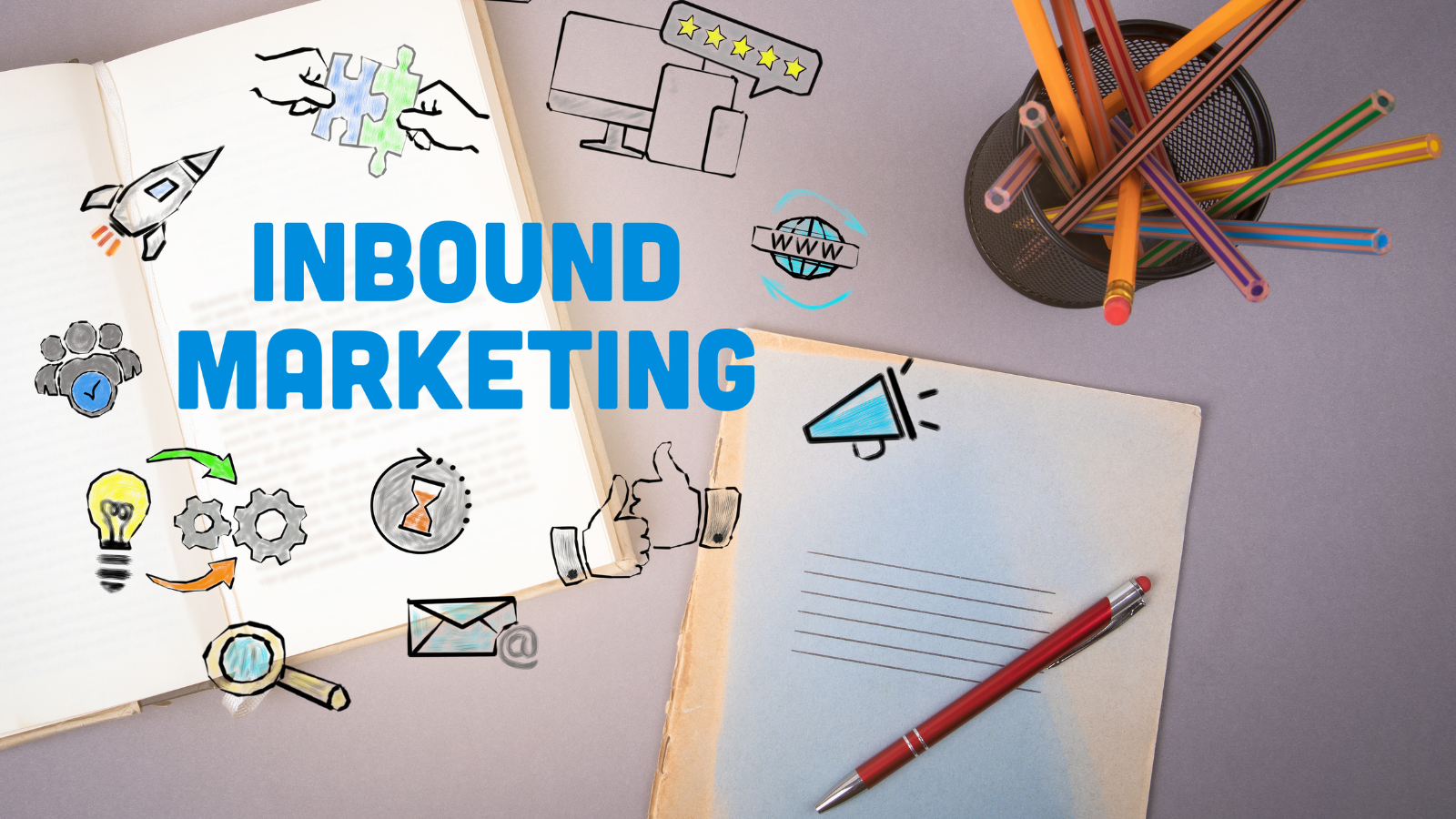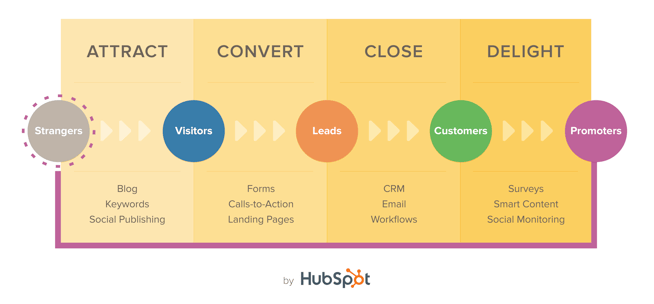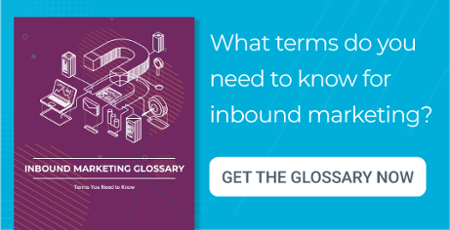3 Ways to Improve Your Inbound Marketing Strategy and Get More Leads
Getting more leads can be directly related to having a successful inbound marketing strategy. Through the process of fully understanding who you are...


Inbound marketing is a popular style of marketing that centers around valuing and empowering potential buyers along their purchase journey. Inbound Marketing goals include attracting, engaging, and delighting people in the buyer's journey in order to make long-lasting relationships and customers that keep coming back.
Part of this methodology includes the idea of utilizing content in the sales process to provide prospects with the information they are already searching for online and therefore get in front of them sooner.
David Meerman Scott recommends that marketers “earn their way in” (via publishing helpful information, nurturing leads, etc.). While inbound marketing does contrast outbound marketing (where you might find yourself buying, begging, or bugging your way in via paid advertisements, cold calling, etc.), we don’t recommend doing exclusively inbound or outbound marketing. In fact, they complement each other and create great results when used in tandem.
Many people use the terms "content marketing" and "inbound marketing" interchangeably, but we really consider content marketing to be one part of the entire inbound marketing umbrella.
Creating content to attract prospects is very important, but the foundation of a strong inbound marketing strategy includes many other pieces. Compelling content written to answer the questions that your prospects and customers have and most often seek the answers to is just the start.
Other tactics that are part of an effective inbound marketing strategy include:
Blogging
Keyword strategy and SEO
Use of CTAs, forms, and landing pages to convert leads
Lead nurturing workflows
Email marketing
Marketing automation
Lead scoring
Social media promotion
Sales acceleration tools
CRM integration
HubSpot's inbound marketing methodology highlights how inbound marketing tools and strategies can apply to every step of the sales process, even (and importantly) after the sale.

This involves turning strangers into visitors, visitors into leads, leads into customers, and customers into promoters.
Inbound marketing isn't just a program you try or a campaign you launch; it's a shift in the way you do business and the way you interact with your prospects and customers. Inbound marketers understand that the way buyers research and make decisions has changed, and as brands, we need to too.
 *Editor's Note: This blog has been updated since its original posting.
*Editor's Note: This blog has been updated since its original posting.

Getting more leads can be directly related to having a successful inbound marketing strategy. Through the process of fully understanding who you are...

79% of the United States population has a social media profile. "Our industry doesn't use social media" is no longer an excuse. If 79% of the...

The objective of any marketing initiative is to help close business and generate revenue. Measuring the ROI of the marketing tactics you deploy will...